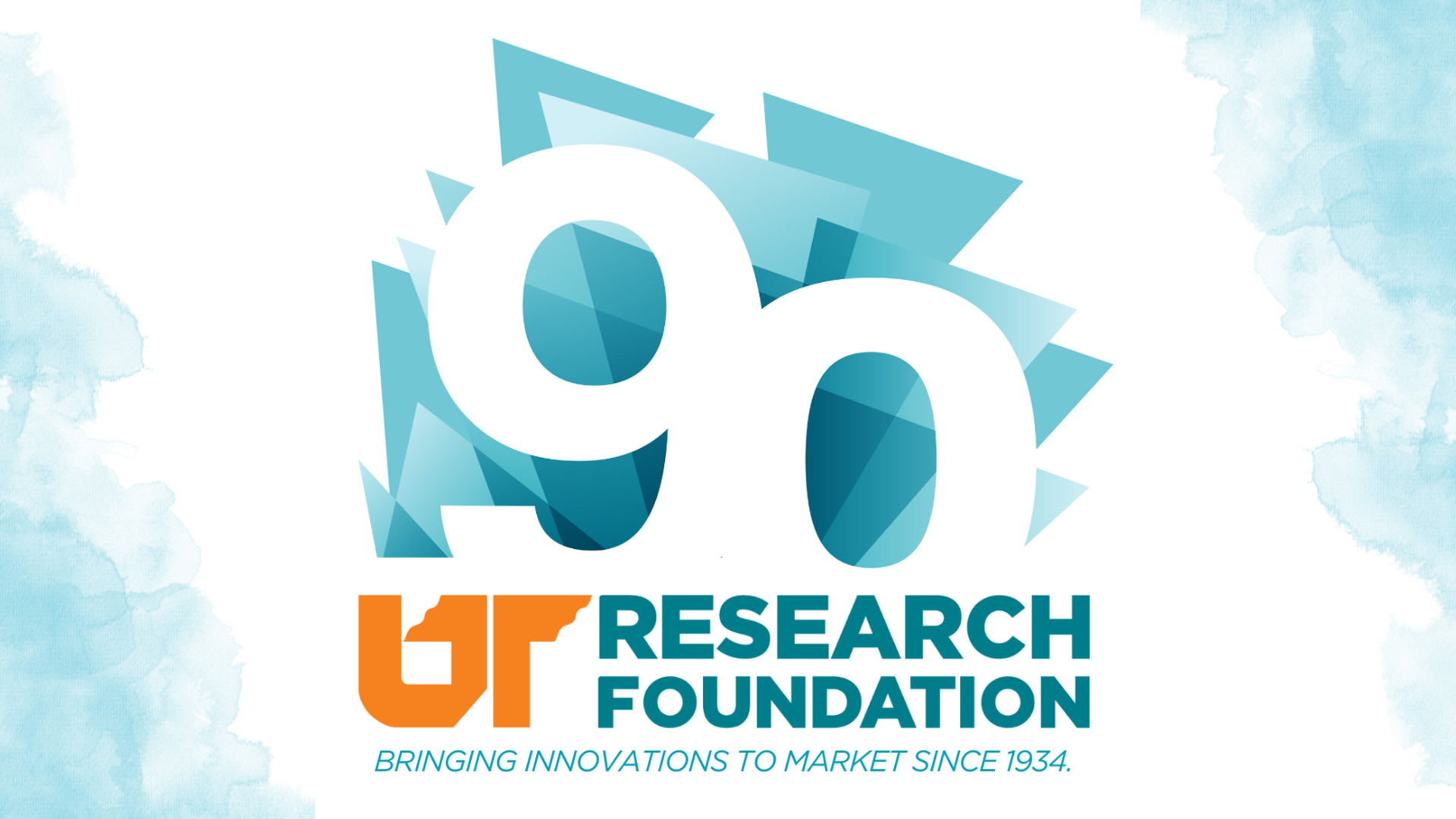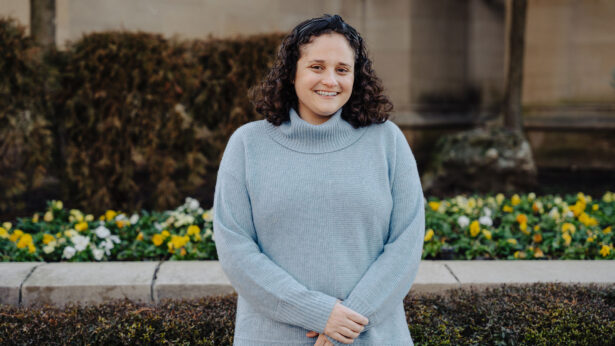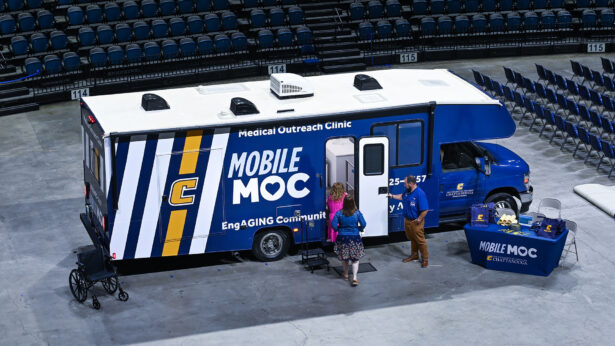This year the UT Research Foundation (UTRF) celebrates 90 years of pioneering innovation and transforming ideas into impactful products. UTRF is a nonprofit 501(c)(3) organization with a mission to promote the commercialization of UT intellectual property, encourage an entrepreneurial culture, contribute to state and regional economic development, and promote research and education to benefit the people of Tennessee and beyond.
UTRF’s Legacy of Inventions and Patents
UTRF’s First Patent (1939)
UTRF’s first utility patent was issued for a device that measures the relative humidity of gas. This invention laid the groundwork for advancements in atmospheric science. Kenneth Hertel, a pioneering physicist and co-founder of the UT Research Corporation (UTRC), UTRF’s previous name, was the visionary behind this innovation. Hertel also served as UTRC president from 1954 to 1969.
The Strawberry Plant Patent (1942)
UTRF made a significant impact on agriculture with the patent for a new variety of strawberry plant, developed by Brooks Drain, a researcher at the UT Agricultural Experiment Station. This plant combined the best traits of existing varieties, leading to improved crop yields and quality.
Bartlett’s Food Preservation Method (1943)
Luis Bartlett revolutionized food preservation with his patented immersion process of food freezing. This technique, which involves immersing foods like fruits and vegetables in a chilled liquid medium, became a cornerstone of modern food preservation methods, ensuring that quality and safety standards were maintained in the frozen-food industry.
Phenomic Molding Compound (1946)
Fritz Rosenthal invented a phenolic molding compound that used cottonseed hulls as a base, paving the way for innovations in materials science.
The Sliced Material Processing Machine (1956)
Arthur Morgan and Guy Shuey’s invention of a machine for processing sliced material enhanced manufacturing efficiency and productivity, setting new standards in food processing that are still in use today.
The Educational Apparatus Patent (1960)
John Sharp and Arnold Icesy Hayes invented an Educational, Recreational, and Testing Apparatus, which introduced a new way of engaging students through quizzes and educational games.
The Suvag Device (1970s)
In collaboration with Yugoslavian inventor Petar Guberina, the Institute for Aural Rehabilitation developed the Suvag device. This electro-acoustical equipment transformed therapy and training for the hearing impaired, leaving a lasting impact even after its sale ceased in the 1980s.
Rubella Antibody Test (1982)
Preston Dorsett developed a test for detecting rubella virus-specific antibodies in humans. This pivotal innovation advanced diagnostic capabilities and led to the establishment of Viral Antigens, which was acquired by Meridian Biosciences.
The N95 Mask (1992)
Peter Tsai invented the material used in N95 masks, initially designed for construction workers in dusty environments. During the COVID-19 pandemic, Tsai came out of retirement to develop methods for sanitizing and reusing N95 masks to meet the increased demand.
Creative Agricultural Technologies (2005)
To combat exotic pathogens affecting dogwoods, UTK-UTIA researchers partnered with UTRF to establish Creative Agricultural Technologies. This startup raises awareness in the nursery industry to promote disease-resistant dogwoods, continuing research to enhance this species today.
Tennessee Solar Farm (2010)
In 2009, UTRF expanded its focus to sustainable energy, leading to the creation of Genera Energy and setting the stage for the Tennessee Solar Institute and Tennessee Solar Farm, which began operations in 2010. The solar farm can produce more than 5 million watts of electricity annually.
Cancer Treatment Researcher Achieves 100th U.S. Patent (2019)
Duane Miller, professor emeritus at the UT Health Science Center, received his 100th U.S. patent in 2019, marking over two decades of work designing and synthesizing new molecules for cancer treatment research.
Accelerate Fund Launches to Propel UT Innovations (2023)
UTRF established the Accelerate Fund, a $5 million investment initiative that provides pre-seed and seed funding to viable startups, aiming to bring more UT innovations to market.
Orion Therapeutics Receives First Accelerate Fund Investment (2024)
UTRF’s Accelerate Fund made its first pre-seed investment in Orion Therapeutics, a biotechnology startup developing a next-generation ribonucleic acid (RNA) drug-delivery system, originally developed at the UT Graduate School of Medicine by Trey Fisher and Deidra Mountain.



